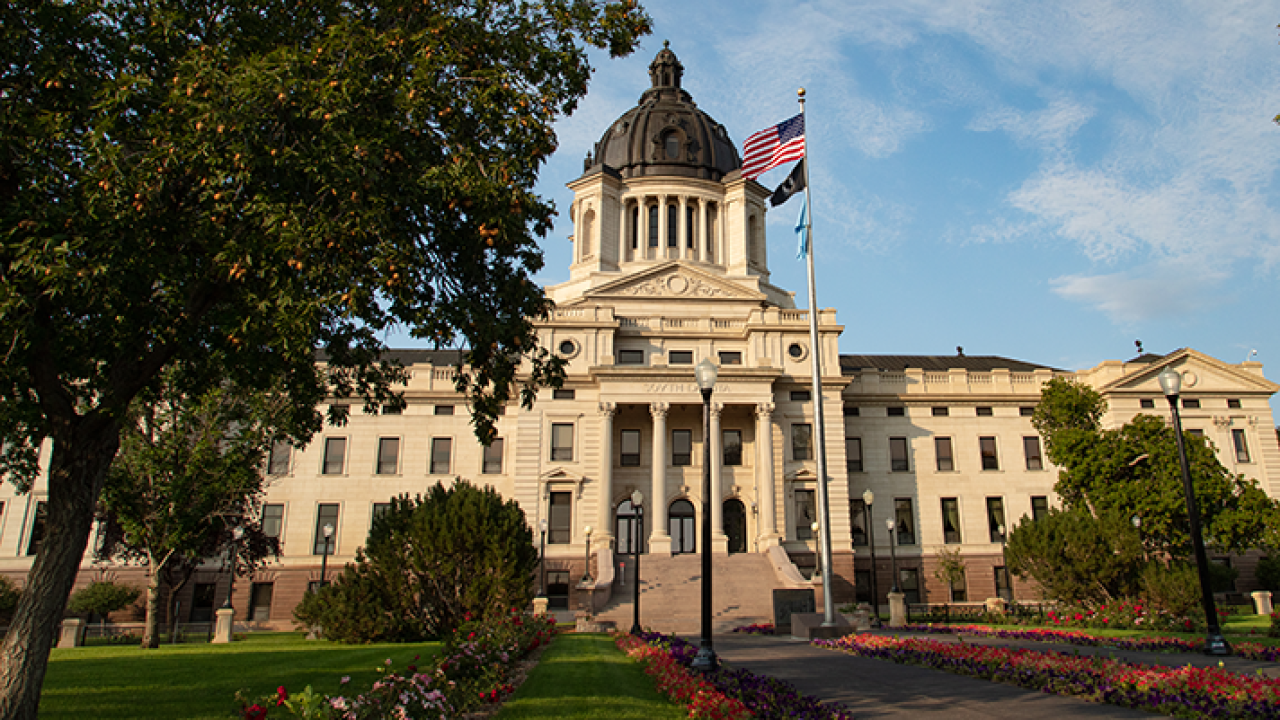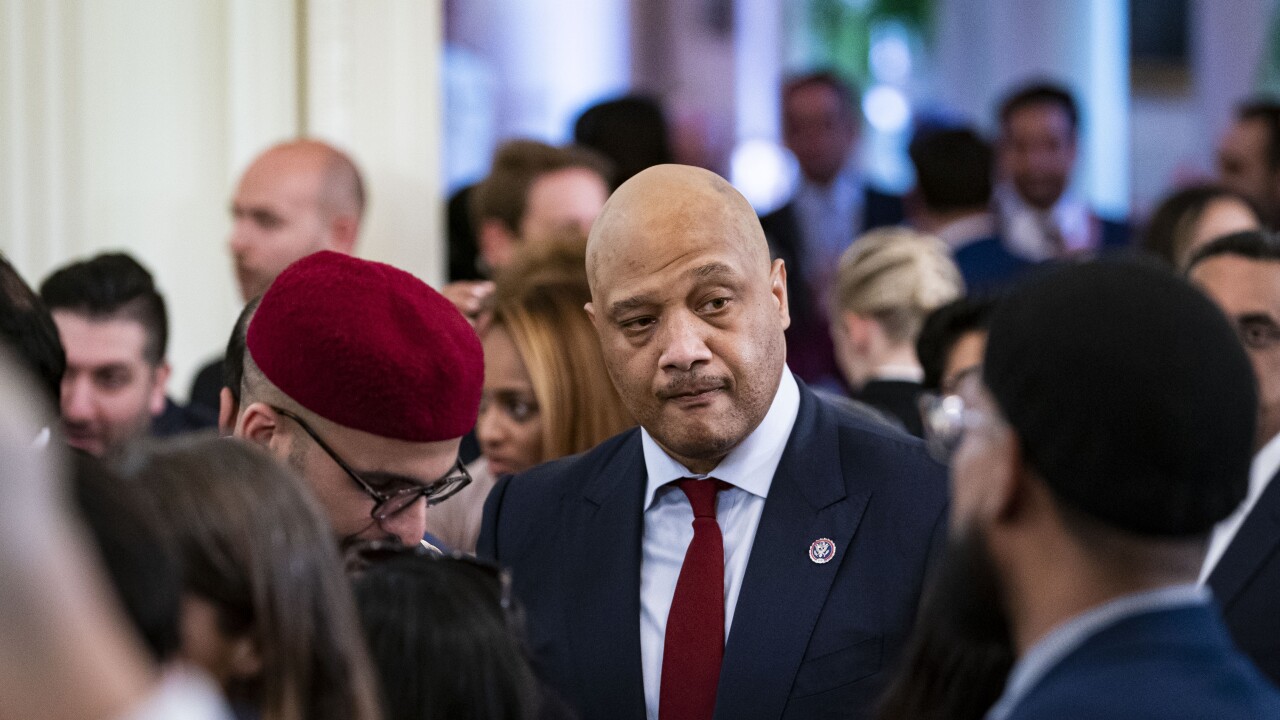
Arizona wrapped up its legislative session in late June with a last-minute budget deal, a fix for a school funding shortfall, and a plan to renovate a professional sports stadium.
Just days before the July 1 start of fiscal 2026, the Republican-controlled legislature completed passage of a $17.6 billion
Gov. Katie Hobbs, a Democrat,
House Speaker Steve Montenegro blasted the vetoes.
"I'm disappointed the governor has now vetoed two responsible budgets passed by the House—each of which would have prevented a government shutdown and kept essential state services running," he said in a June 25 statement.
The governor hailed the
"There is still more to do to achieve opportunity, security and freedom for all Arizonans," Hobbs said at a ceremonial budget signing last week. "This budget moves us in the right direction, but it's not the end of our efforts."
At the event, she warned that Congress'
"We don't have the capacity in our $17 billion budget to mitigate (federal funding cuts)," she said.
The budget gives public schools a $100.26 million boost
Lawmakers also addressed a $200 million shortfall in the state's June basic state aid payment to schools with a supplemental appropriation, according to Chuck Essigs, government relations director at the Arizona Association of School Business Officials.
About $69 million of the shortfall stemmed from property tax refunds owed by Maricopa County districts that resulted from class-action litigation, an Arizona Department of Education spokesman said. Last year, the legislature
Another contributor to the shortfall was the escalating price tag for empowerment scholarship accounts, a universal
The voucher program, along with a 2021 law that
In her January State of the State address, Hobbs
Essigs said nothing was passed this session to control ESA costs, which are estimated to top $1 billion in fiscal 2026.
As of July 2, 83,704 students were enrolled in the ESA program for the 2025-26 school year. In fiscal 2025, the majority of students received between $7,000 and $8,000 and the cost of ESAs on an annualized basis was pegged at $901 million, according to a May
A bill to
The measure signed by Hobbs on June 27 creates a tax recapture mechanism, but does not authorize bond issuance, according to Jason Berry, the county's communication director.
"Tax revenues from sales at Chase Field, as well as certain player and employee state income taxes, are diverted from the state, county and city of Phoenix into a fund to handle those stadium costs, with a cap of $500 million," he said in an email.
The 30-year plan would cost the state $9.2 million a year starting in fiscal 2027, while affected local governments would lose $5.8 million annually, according to Joint Legislative Budget Committee estimates. The team will contribute at least $250 million.
Other bills that passed include
"I am proud to have brokered a bipartisan, historic water deal that will save millions of acre-feet of water, help lower the cost of housing, and create jobs," Hobbs said when she announced
Money for the state's long-term water augmentation fund, which was created in 2022 with the aim of appropriating a total of $1 billion over three years, was not included in the final budget. The spending plan claws back about $84 million from the fund, leaving a balance of around $376 million, according to Ben Alteneder, a spokesman for the Arizona Water Infrastructure Finance Authority.
"While we strongly opposed the sweeps to this fund, our
Lawmakers placed a proposed
In 2015, Oregon was the first to adopt this revenue method
Hobbs vetoed a bill to allow the state treasurer and state retirement funds to invest up to 10% of their assets
"Current volatility in cryptocurrency markets does not make a prudent fit for general fund dollars," she wrote in her veto message for the reserve fund bill.
In July 2024, S&P Global Ratings revised the outlook on the state's AA issuer rating
Arizona has an Aa1 issuer rating and stable outlook from Moody's Ratings.
The state, which does not issue general obligation debt, had $1.17 billion of revenue bonds, grant anticipation notes, and certificates of participation outstanding as of June 30, 2024, according to an unaudited fiscal 2024





